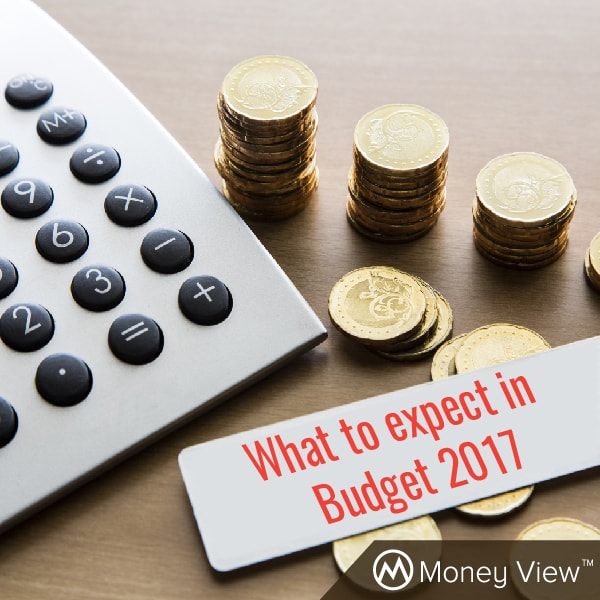Expectations from the Union Budget 2017
Marking a departure from the tradition, the Finance Minister will present the Union Budget in the Parliament on the first day of the February this time instead of the last day. Advancing of the date coupled with demonetization impact will certainly make the task of FM a little more challenging. At the same time, the buoyant tax collection figures till December as announced by him will provide him comfort.
While the common man experienced many problems after the demonetization decision by the government, there is an expectation that the Budget will offer some benefits and incentives.
Here are a few of the common man’s expectations from the Union Budget:
Increase in the Basic Exemption Limit
The basic exemption limit for an income tax assessee below 60 years of age is Rs. 2,50,000 and anybody earning lesser than that is not required to pay any tax. This limit has not been revised in the last two years and many are expecting an increase in this threshold limit. Demonetisation has helped bring money into the banking system which will eventually help increase the tax base. Hence, the benefit can be passed in the form of higher basic exemption limit.
Increase in the Tax Saving Investment Limit
Section 80C provides for certain tax-deduction eligible investments/payments which help an assessee save on tax e.g. payment of life insurance premiums, ELSS, PPF etc. However, there is a maximum ceiling limit attached with such investments which presently stands at Rs. 1,50,000. This limit is expected to be enhanced in order to incentivise savings and eventually, save tax.
Re-Introducing Standard Deduction for Salaried Individuals
Professionals and businessmen get the deductions for the expenses incurred in earning their income while calculating their income tax. However, salaried individuals do not enjoy such privileges and they need to pay tax on the gross amount of earnings. Thus, a standard deduction for salaried individuals is expected to be re-introduced in order to boost personal consumption. This will not only provide a sense of relief on the taxation front but also a psychological one.
Deduction for Interest on Housing Loans
The Govt. has made its intent quite clear on its agenda of housing for all in providing affordable housing to its citizens. One does tend to skew towards a decision that is more tax efficient. Given the current limit of Rs. 2 lakhs, a loan amount of up to Rs. 25 lakhs can help the assessee take the maximum advantage. However, such an amount of loan many not be sufficient for Metro & Tier-2 cities and hence, a higher limit will encourage more people to realize their dream of owning a house.
Incentivising Digital Payments
The Union Budget may be another stage for the Govt. to portray its intent to move towards a cashless economy and in further providing some tax incentives for digital payments. Any such move will certainly be welcomed as any tax savings are good savings. A precursor to such incentives to be introduced in the budget has been the announcement of reduced deemed profit of 6% for business receipts received through electronic means instead of 8% of those received in cash.
People will certainly be eager to see how many of these expectations are fulfilled in this Union Budget.
Simardeep Singh is a Chartered Accountant based in Delhi. He loves sharing his knowledge about personal finance and investment. He blogs regularly at www.simardeep.com.


Yes . If we just make it a habbit to common people. Then they will prefer digital way only 🙂 Because it’s so hassle free to operate. also due to such revolutions there is more e awareness taking place. People are adding their business profiles on business portals like IndiaBizClub